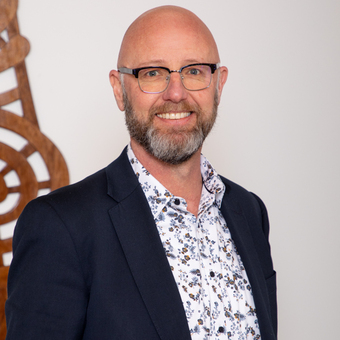Doctor fees increase across the south after funding negotiations fail
Aimee Wilson
20 November 2024, 4:45 PM
 WellSouth board chair Dr Doug Hill. PHOTO: SUPPLIED
WellSouth board chair Dr Doug Hill. PHOTO: SUPPLIEDWellSouth is ‘’deeply concerned’’ for the sustainability of GP practices across its network, including Central Otago, saying the funding was no longer fit for purpose.
In its annual report released this week, board chair Dr Doug Hill said recent negotiations with Te Whatu Ora Health New Zealand for an increase in the proposed capitation uplift had failed, and was concerned about the effect on patients.
Dr Hill was a Dunedin-based GP who ran his own practice, and said he and other clinicians and business owners had started the financial year being directed by Te Whatu Ora to make significant fee increases.
“We are deeply concerned for the sustainability of the practices in our network and the subsequent effect on patients’ ability to access high-quality, timely and affordable primary care.”
WellSouth has offices in Alexandra, Dunedin and Invercargill and was responsible for the delivery of primary health care, and supporting general practice and community healthcare providers in Otago and Southland.
Dr Hill said the capitation funding was no longer fit for purpose and compounding the pressures felt across its Southland and Otago general practice networks.
“It is dire, but we have to keep going,” he said.

WellSouth chief executive Andrew Swanson-Dobbs. PHOTO: SUPPLIED
Chief executive Andrew Swanson-Dobbs said on top of increased patient fees, there were also ongoing staff shortages, and in general unsustainable business models.
The Government must do more to support primary care, and he would continue to “fly this flag’’, he said.
WellSouth was also responsible for commissioning the Rural Services Review which identified inequities in service provision, major pressures on funding and workforce, unsustainably high levels of clinical risk, and barriers patients face in accessing care.
It has made recommendations to Te Whatu Ora and the primary care sector, which it hopes will help increase its voice in funding decision-making.
“There aren't many organisations that celebrate a $1.67 million deficit for the year, but we are celebrating that because that's delivered increased services to patients throughout the southern region, especially with our equity focus, as we support primary care region wide.”
Have a story to share?
Contact [email protected]




